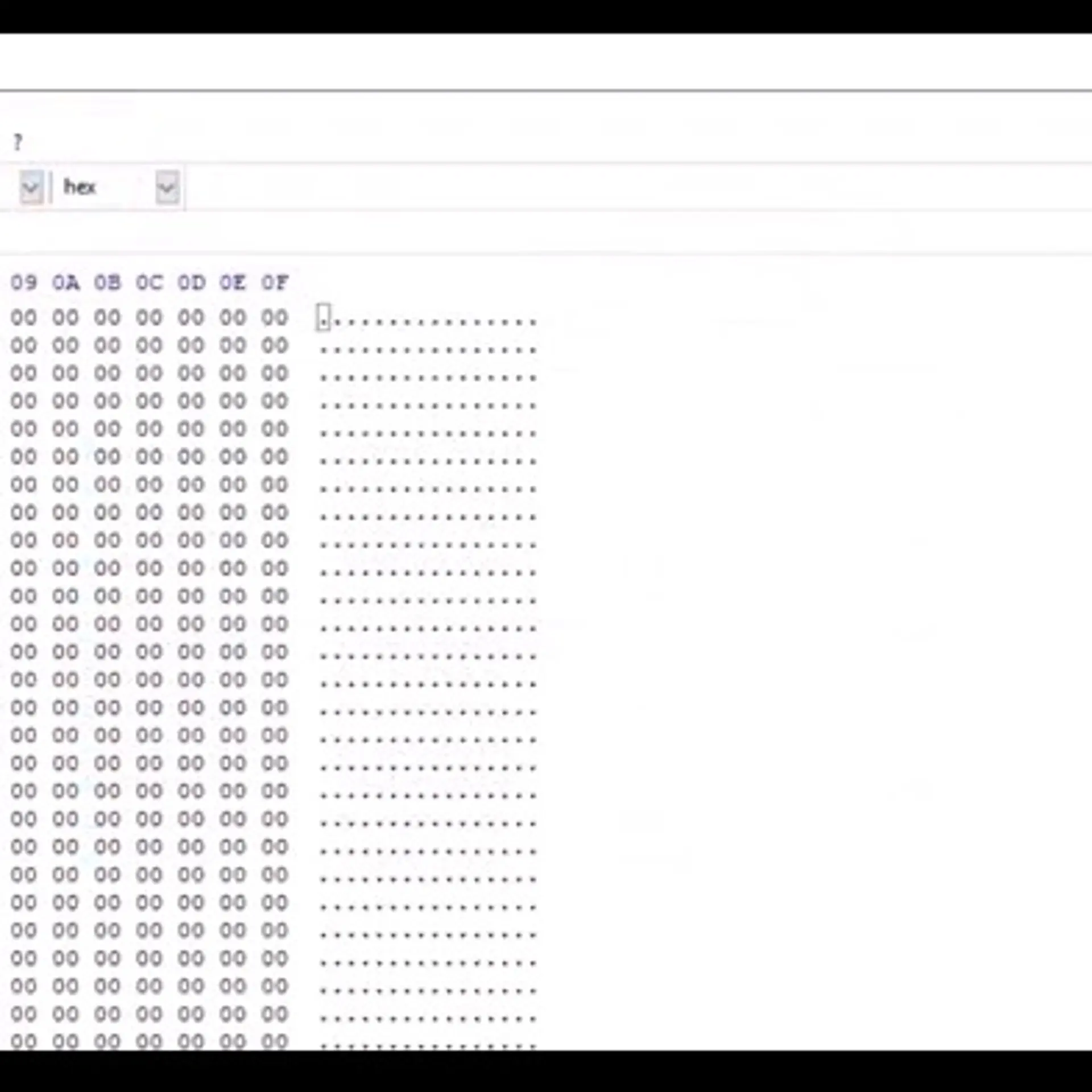

Why does Python’s decision to modify terminology has mixed reviews?
Python’s decision to modify terminology
Wednesday November 07, 2018 , 3 min Read
Python is nothing but an extremely dynamic object-oriented language. The main benefits of using Python is the fact that this programming language can be easily compared with Java and Microsoft's .NET centered languages. Python is vastly used as a generic purpose substrate for a host of different sorts of software development projects. Python basically gives a solid support along with several other technologies and a lot advanced higher programmer productivity.
All the way through the development life cycle, the language can be used at various phases. Hence, it is extremely perfect for huge or intricate projects with modifying needs. The language is Python growing at an immense speed being an open source language. Also, Python is being chosen by many beginners as well, as it is not only easy to master, but is also quite helpful. Python is used widely both for quick scripting as well as developing enterprise software various big sized MNCs as well, and this feature makes it an extremely flexibly language for different types of activities. At the same time, the programming language is dynamically typed, and this characteristic makes Python a tremendously friendly as well as pretty quick faster to develop.

Python Terminology changes that have stunned the industry giants!
Python joined the race, and quickly make necessary modifications in its glossary by removing some of the most controversial words. The decision took place after deliberation and also continuous conversions that were all aimed to persuade Python to remove some of the most offensive sounding words from it. Like many open source communities, the languages’ guardians were continuously asked whether they really wish to continue with the terms "master" and "slave”. Basically, these are the two words which now do not find any place in any Python documentations. In the communities, there were various discussions based on the usage of such words. People were asked whether they would like to add such sort of terminology into their projects. Or whether such words will hinder their performance or not.
Why would you even need something like ‘master’ and ‘slave’ to run tech operations?
Quite evidently, there is no requirement of the usage of such words for running any tech operations let alone Python. Recently, a Python expert and user requesting for the change of such words to something more meaningful and non-offensive like ‘worker’, ‘parent’ or anything on the similar lines. And, this seemed like a great way to approach the Python owners who are able to make such changes. You give those right choices or options and the valid reasons to remove such words, and they will surely act on it. And, this is exactly what happened there.
Python was quick enough to realize that due to diversity reasons, it would a great step to eradicate words like 'master' and 'slave'. These type of terms are somehow linked to slavery and no one would really like to use such words. Hence, a lot of complaints were also filed by various people before as well. And, finally Python acted on the requests.
Why are there mixed reviews for the changes?
Well, though majority of people are happy with this activity, some are a little confused. Though, as Python is used widely in various countries and by all various people, therefore, it is only a good thing to include or eradicate things which can be hurtful. However, some people are still deliberating on the fact that whether these are useful changes or not. Some of them are also hesitant. But, overall, it is a great step by Python Django development and the world is behind them!





